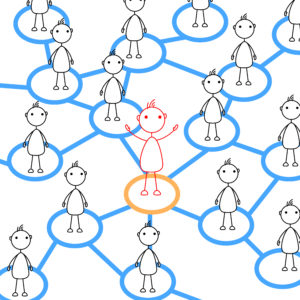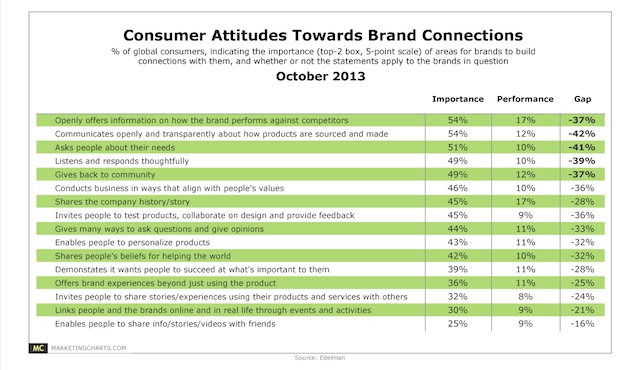[vc_row type=”full_width_background” bg_position=”left top” bg_repeat=”no-repeat” scene_position=”center” text_color=”dark” text_align=”left” top_padding=”40″ bottom_padding=”20″][vc_column width=”1/1″][vc_column_text]
One of the most common themes we hear from gym owners is that they want more members.
“If only we could get to ______, (you fill in the number) life would be easier/better/less stressful.”
But, is that really true? Similar to what The Notorious B.I.G. sings about… sometimes Mo Members means Mo Problems. Particularly when the types of members you’re attracting don’t fit the culture of your gym. Given that, a more accurate statement might be… we want more “better” members, not just warm bodies.
What type of people do you get most excited about when they inquire about a new membership? Female? Male? Young? Old? Competitor? Overweight? Athletic? Professional? Stay-at-Home-Mom?
So, what if you could attract the type of people that you really want in your gym?
What if your brand, all your marketing content, website design, messaging, etc. was targeted to attract your ideal person?
Wouldn’t that make it easier for a certain type of person/types of people to find you?
Let us introduce to you Member Personas.
Personas aren’t new, but if they’re “new for you”, they are worth your consideration.
These personas are models that include descriptors of a number of things – who your ideal member is, what their goals are, what things drive their behavior, what they think about, where they hang out, what makes them decide to buy, and why they need what you’re selling.
In our research, we came across an informative article that explains why it’s so important to understand your ideal customer. In this article, they say,
“According to a recent study by the Edelman Group, brands are failing to understand some of the fundamental motivations and concerns their customers have. Brandshare, Edelman’s consumer marketing study, surveyed 11,000 people across 8 different countries who have taken part in at least one brand engaging activity (like following a brand on Facebook) in the previous year. The study found that 51% of respondents feel brands are underperforming when it comes to asking about their needs. Only 10% consider brands are doing this well.
Then, this marketing chart captures the importance of brands building connections with customers:
I’d encourage you to take a minute to look at the chart above and ask yourself, “How are we doing? Do we listen to understand what our members and potential members want and need?” Or, are you just delivering the service/s that you think they want?
In order to create meaningful, useful personas, you need to get in their head. Think like them. Understand a little better their pain points, and their hopes and dreams. And understand why what you offer might be exactly what they need. When you know your ideal customer, you do things differently.
At the end of the day, Member Personas are a tool. And, like any tool, they are only as good as the person/people using it.
If you build personas that reflect real people with real desires and motivations, you can use those to guide all of your marketing and interactions.
Customer personas help you ask better questions. Once your ideal member decides to buy what you’re selling, you can then ask further questions to meet their needs. Questions such as “What type of programming/specialty classes would they enjoy?”, “What are the hurdles they need to overcome to reach their goals?”, “What will distract them from continued discipline?”, “How can we best serve them?”.
Be a student of your customers. The leader who never stops listening and learning is the one others want to emulate.
For more information, check out this template on how we help our clients build out their Member Personas.
[divider line_type=”No Line” custom_height=”20″][/vc_column_text][vc_column_text][divider line_type=”Full Width Line” custom_height=”30″]
Article by: Julie Weldon | 321Go Brand Ambassador/Relationship Manager
Julie’s diverse background includes being a cake designer, coaching basketball, traveling to 13 different developing countries to do volunteer work on a year long trip, working in the not-for-profit world for 10 years, starting two businesses, working as a People & Change consultant for PricewaterhouseCoopers, taking a product to market (and “failing”, only to get back up and do it a second time), and working as a business coach/consultant to small businesses.
Julie has found home in beautiful Charleston, SC. She gets super fired up when helping individuals and small businesses take their success to the next level, and when she gets to hear people’s stories. In her free time, she can be found in the boat or on the beach, hanging out with her Golden Retriever, dreaming up another business idea with her partner, Stacey, or geeking out on yet another leadership book.[/vc_column_text][/vc_column][/vc_row]